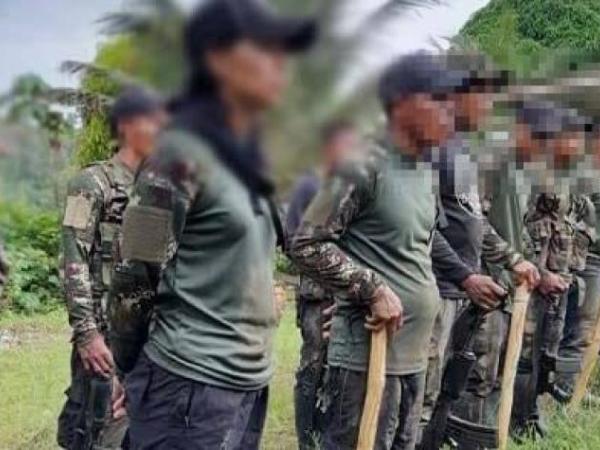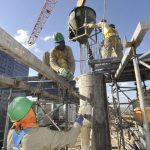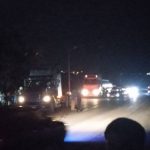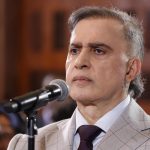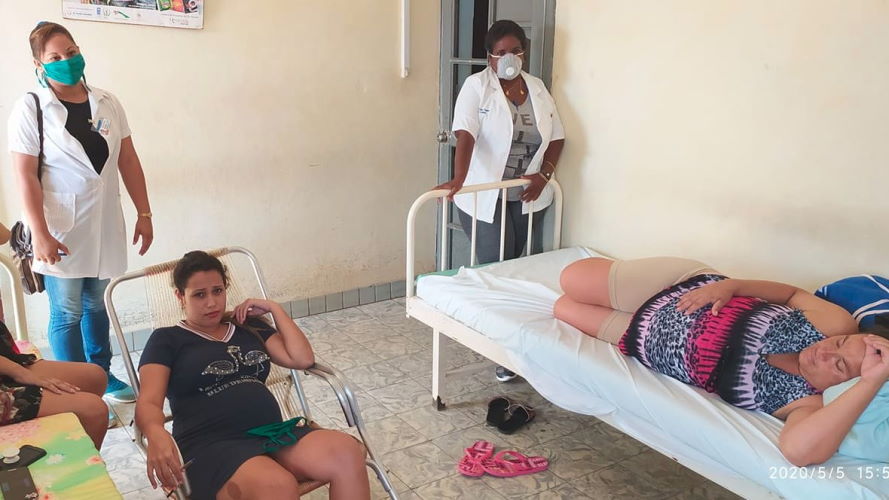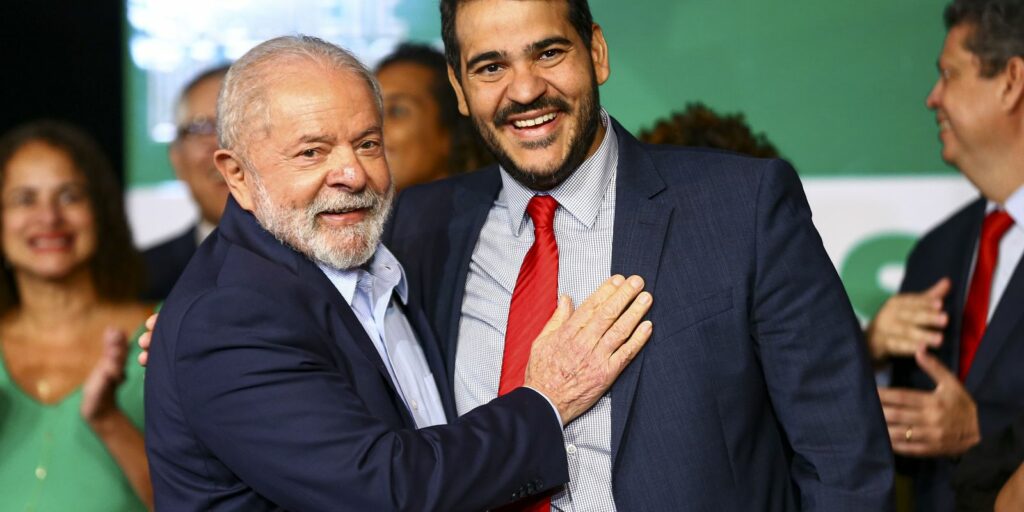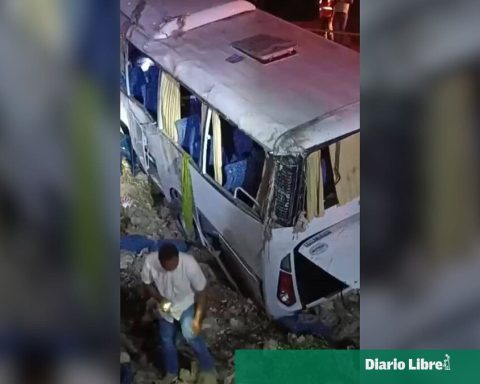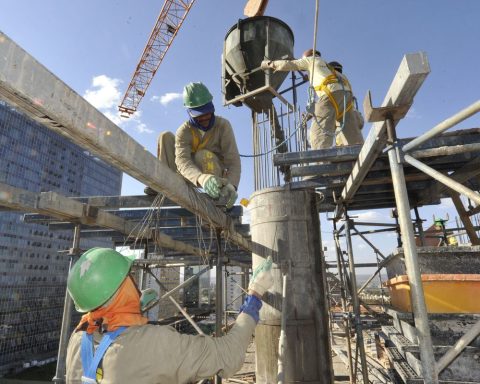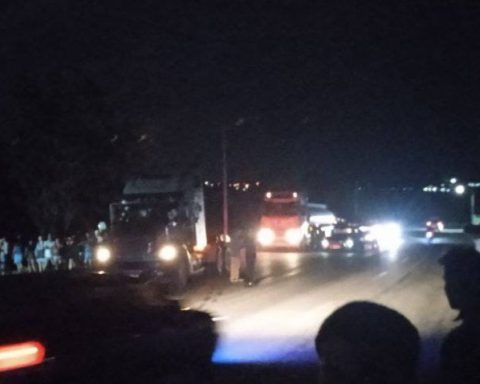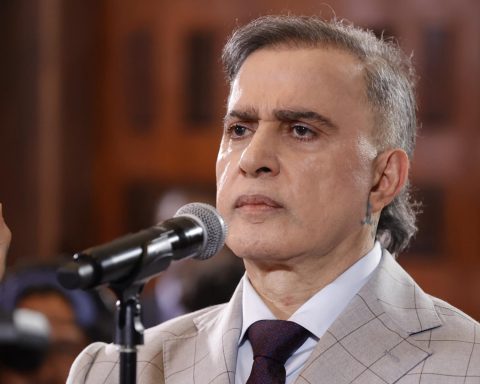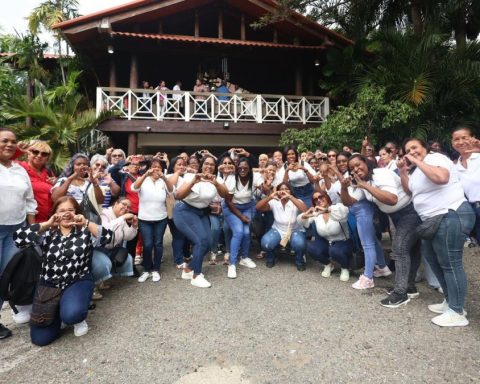The Colombian Government will evaluate every two months compliance with the cthat to the bilateral fire agreed with the main armed groups and that it will be in force during the first half of the year, the Interior Ministry reported on Monday.
(See: This would be the government’s austerity plan to save in 2023).
“The most difficult task there is is verification (…) It is expected that every two months there will be a cut-off on how it evolves in each of the territories, with each of these organizations“, explained the head of the portfolio, Alfonso Prada, in an interview with the station Blue Radio.
On New Year’s Eve, President Gustavo Petro announced a bilateral truce between the government and five armed groups from January 1 to June 30, 2023 with a view to negotiations that allow deactivating the prolonged internal conflict.
The Government keeps under reserve the decrees detailing the ceasefire agreements with the guerrillas of the National Liberation Army (ELN), two dissident groups of the Farc, the largest drug gang known as the “clan del Golfo” and the Self-Defense Forces of the Sierra Nevada, of paramilitary origin.
(See: Petro’s defense of a complementary train to the Panama Canal).
Under his “total peace” policy, Petro aspires to stop the spiral of violence that followed the historic agreement signed with the bulk of the Farc guerrillas in 2016.
Prada assured that the Public Force will maintain control of “absolutely all the territory“and regions will not be demilitarized as was done in previous peace negotiations”so that each of these organizations can move freely“.
“Here the presence of the Armed Forces does not stop, the shots from one side and the other stop. But the armed forces, the same decrees say, retain the fullness of their constitutional powers“, he added.
(See: Colombia prepares 2023 to listen more to the people, says the Government).
The government of Andrés Pastrana (1998-2002) demilitarized 42,000 km2 in the Caguan (Caquetá) region during a failed negotiation with the Farc that the rebels took advantage of to strengthen themselves.
Without going into details, Prada assured that the dialogues will be “different” with each organization, depending if “They move in the illegal economy” either “have political status“.
Since November 2022, the Government has been negotiating in Caracas (Venezuela) with the ELN, the last recognized guerrilla in the country.
Defense Minister Iván Velásquez indicated that organizations must also come to a “agreement” between them to stop the clashes that “undoubtedly affect the population” that remains in the middle of the crossfire.
(See: The country’s plan to stop persecuting small coca growers).
Colombia is the largest cocaine producer in the world, fuel of the violence that in more than half a century of conflict leaves nine million victims.
AFP
